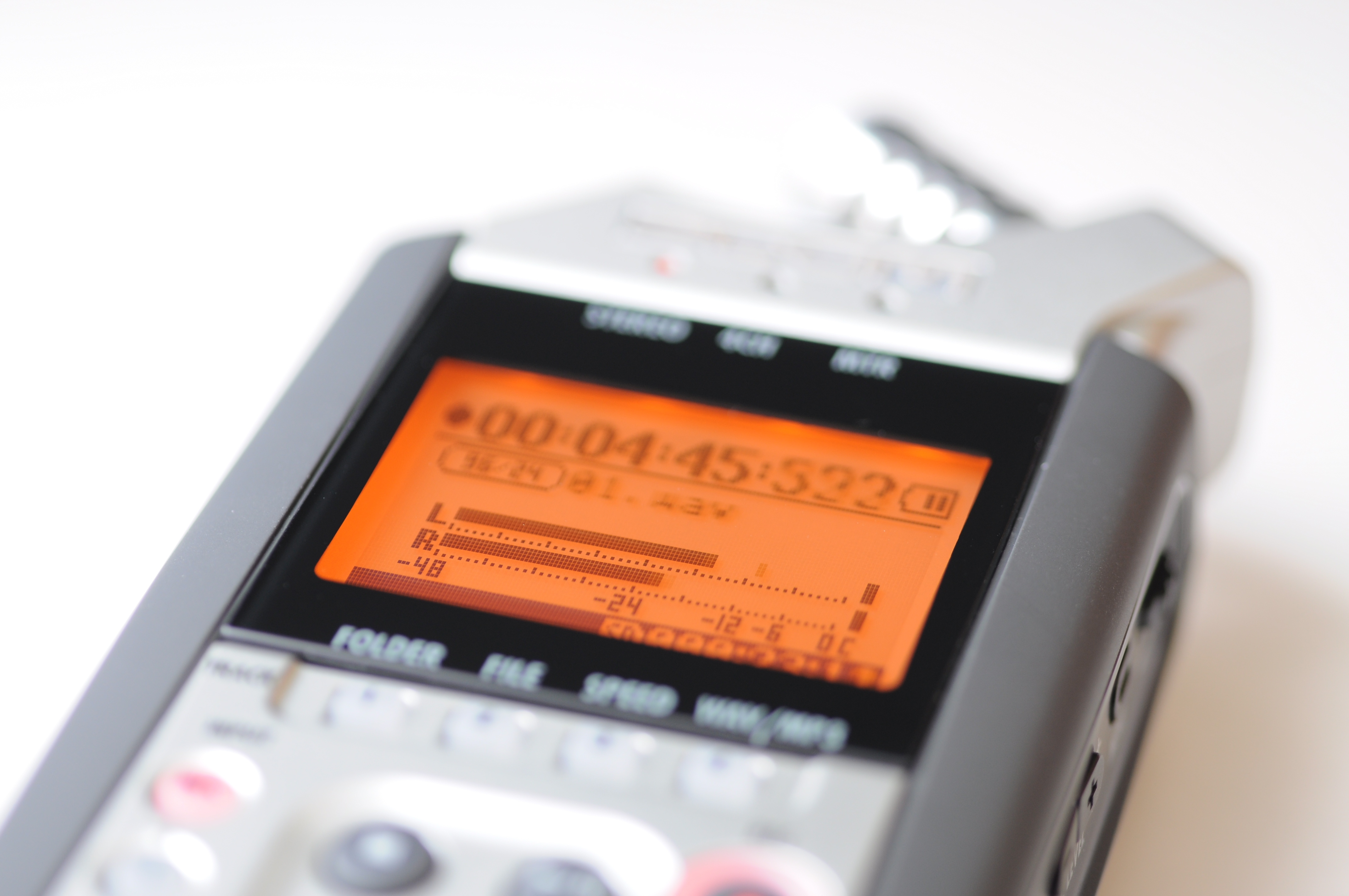|
Harmonically Enhanced Digital Audio (HEDA)
Harmonically Enhanced Digital Audio (HEDA) is a class of digital recordings created by using modern digital harmonic enhancement technology. With the proliferation of harmonic enhancement algorithms, pioneered by Crane Song's Dave Hill, a new class of harmonic enhancement algorithms have emerged. Examples of algorithms used to create HEDA include the HEAT feature (available on Pro Tools HD 8.1 and later) and the multi-platform plug-ins Universal Audio's Studer A800, Slate Digital's Virtual Console Collection, Waves Non-Linear Summer, and Crane Song HEDD-192. History Development of harmonic enhancement was in its first stages in 1999 when Antares, developer of Autotune, noticed that the tube emulation feature in its microphone simulator was used more than its other features. In response, Antares created a specific plug-in, called Antares Tube, which implemented tube emulation. The algorithms for harmonic enhancement were just beginning and market interest was shown to be present ... [...More Info...] [...Related Items...] OR: [Wikipedia] [Google] [Baidu] |
Digital Recording
In digital recording, an audio or video signal is converted into a stream of discrete numbers representing the changes over time in air pressure for audio, or chroma and luminance values for video. This number stream is saved to a storage device. To play back a digital recording, the numbers are retrieved and converted back into their original analog audio or video forms so that they can be heard or seen. In a properly matched analog-to-digital converter (ADC) and digital-to-analog converter (DAC) pair the analog signal is accurately reconstructed per the constraints of the Nyquist–Shannon sampling theorem dependent on the sampling rate and quantization error dependent on the audio or video bit depth. Because the signal is stored digitally, assuming proper error detection and correction, the recording is not degraded by copying, storage or interference. Timeline *October 3, 1938: British telephone engineer Alec Harley Reeves files at the French Patent Office the fir ... [...More Info...] [...Related Items...] OR: [Wikipedia] [Google] [Baidu] |
Pro Tools
Pro Tools is a digital audio workstation (DAW) developed and released by Avid Technology (formerly Digidesign) for Microsoft Windows and macOS. It is used for music creation and production, sound for picture (sound design, audio post-production and mixing) and, more generally, sound recording, editing, and mastering processes. Pro Tools operates both as standalone software and in conjunction with a range of external analog-to-digital converters and PCIe cards with on-board digital signal processors (DSP). The DSP is used to provide additional processing power to the host computer for processing real-time effects, such as reverb, equalization, and compression and to obtain lower latency audio performance. Like all digital audio workstation software, Pro Tools can perform the functions of a multitrack tape recorder and a mixing console along with additional features that can only be performed in the digital domain, such as non-linear and non-destructive editing (most of aud ... [...More Info...] [...Related Items...] OR: [Wikipedia] [Google] [Baidu] |
Universal Audio (company)
Universal Audio is an American company that designs, imports, and markets audio signal processing hardware and effect pedals, audio interfaces, and digital signal processing, virtual instrument, and digital audio workstation software and plug-ins. Founded in 1958 by Bill Putnam, Sr. with products produced under the Universal Audio brand through the mid-1970s, the company was re-established in 1999 by his sons Jim and Bill Putnam, Jr.. The company produces modern versions of vintage Universal Audio, UREI, and Teletronix analog recording equipment, as well as hardware and software for digital audio production on the UAD-2 platform. History Original Company Universal Audio, Inc. was founded alongside the United Recording Corporation by Bill Putnam Sr. in 1958. Putnam’s intention was for Universal Audio to serve as United’s manufacturing arm, with the company initially operating out of the United Recording premises at 6050 Sunset Boulevard in Hollywood, California. Duri ... [...More Info...] [...Related Items...] OR: [Wikipedia] [Google] [Baidu] |
Autotune
Auto-Tune (or autotune) is an audio processor introduced in 1996 by American company Antares Audio Technologies. Auto-Tune uses a proprietary device to measure and alter pitch in vocal and instrumental music recording and performances. Auto-Tune was originally intended to disguise or correct off-key inaccuracies, allowing vocal tracks to be perfectly tuned despite originally being slightly off-pitch. The 1998 Cher song " Believe" popularized the technique of using Auto-Tune to distort vocals. In 2018, the music critic Simon Reynolds observed that Auto-Tune had "revolutionized popular music", calling its use for effects "the fad that just wouldn't fade. Its use is now more entrenched than ever." In its role distorting vocals, Auto-Tune operates on different principles from the vocoder or talk box and produces different results. Description Auto-Tune is available as a plug-in for digital audio workstations used in a studio setting and as a stand-alone, rack-mounted unit for ... [...More Info...] [...Related Items...] OR: [Wikipedia] [Google] [Baidu] |
Avid Technology
Avid Technology is an American technology and multimedia company based in Burlington, Massachusetts, and founded in August 1987 by Bill Warner. It specialises in audio and video; specifically, digital non-linear editing (NLE) systems, video editing software, audio editing software, music notation software, management and distribution services. Avid products are now used in the television and video industry to create television shows, feature films, and commercials. Media Composer, a professional non-linear editing system, is Avid's flagship product. History Avid was founded by Bill Warner, a former marketing manager from Apollo Computer. A prototype of their first non-linear editing system, the Avid/1 Media Composer, was shown at the National Association of Broadcasters (NAB) convention in April 1988. The Avid/1 was based on an Apple Macintosh II computer, with special hardware and software of Avid's own design installed. The Avid/1 was "the biggest shake-up in editing since ... [...More Info...] [...Related Items...] OR: [Wikipedia] [Google] [Baidu] |
